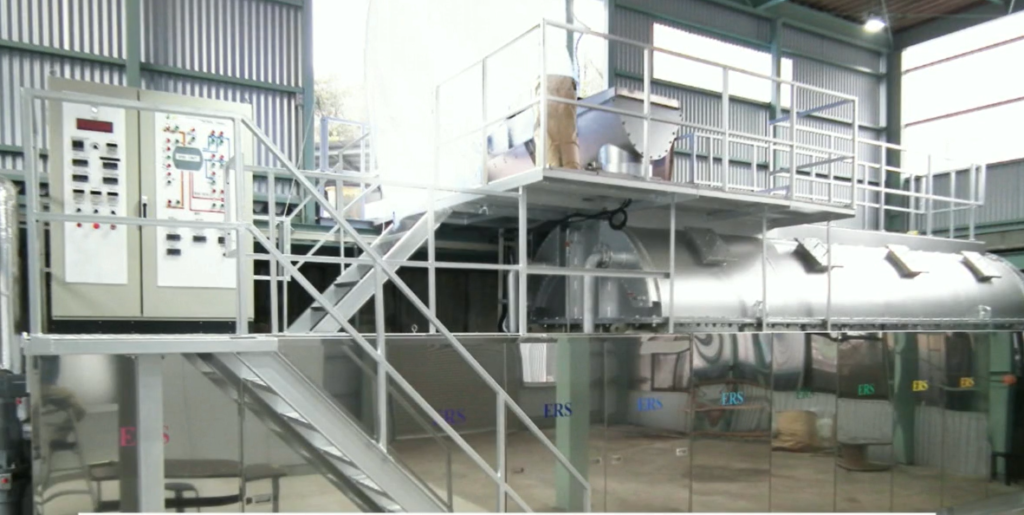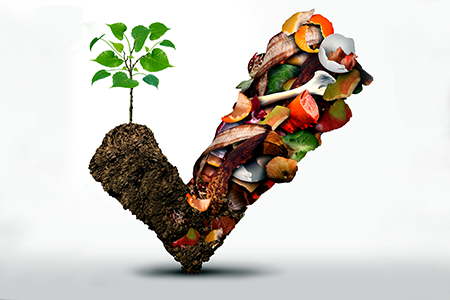

ERS reduces waste to landfill and pollution
ERS accepts un-sorted waste and is relatively odourless ERS is hermetically sealed, and all process emissions are recovered and recycled, leaving no residual substances
ERS greatly reduces organic waste volumes
ERS completes the process in hours
ERS produces high-nutrition resources
ERS supports the circular economy
ERS is a proven technology and has been in commercial operation for 30 years
ERS is compact, easy to operate and is exceptionally durable
ERS is highly effective, efficient and eco-friendly
